Many thanks to everyone who supported my Another Cup of Coffee anniversary blog tour.
Now that it has come to an end, I thought I’d wave the flag for the three Christmas sequels that followed on its heels.

These stories, Another Cup of Christmas, Christmas at the Cotswolds, Christmas at the Castle which can be purchased separately, or together in the Jenny Kane’s Christmas Collection, were a great deal of fun to write- especially as they gave me the chance to continue the story of Amy, Jack, Kit, Paul and their friends Peggy and Scott – not to mention Pickwicks’ new waitress, Megan.
Blurb for the Jenny Kane Christmas Collection-
There is something very special about Christmas…
Jenny Kane’s Christmas Collection combines all three seasonal shorts from Jenny’s best-selling Another Cup of … series in one festive anthology.
In ‘Another Cup of Christmas’, we return to Pickwicks Coffee House in London, the setting for Jenny’s bestselling novel Another Cup of Coffee. Together with old friends Kit, Amy, Scott and Peggy, we meet new Pickwicks waitress Megan, who’s in charge of organising a charity event for the local hospital…is romance as well as seasonal goodwill in the air?
‘Christmas in the Cotswolds’ sees Megan, now an established face at Pickwicks, travelling to the beautiful Cotswold countryside after an emergency call from her friend Izzie. Can Megan help Izzie pull off the perfect Christmas at her Arts and Crafts Centre – and save the business from disaster?
Kit Lambert, Pickwicks’ writer-in-residence, takes centre stage in ‘Christmas at the Castle’. Already nervous about appearing at her very first literary festival, in the grounds of a magnificent Scottish castle at Christmas time, Kit suddenly finds herself co-organising the whole thing – and trying to repair old friendships – with the deadline fast approaching…
***
Each novella is deliberately short, so that you can fit a peaceful moments reading into your busy Christmas preparation schedule. Either Another Cup of Christmas, Christmas at the Cotswolds, or Christmas at the Castle, can be easily consumed in one delicious ginger and nutmeg flavoured mouthful at a time!
You can still buy each story as a separate e-book, but now you can buy them in one book as well-
***

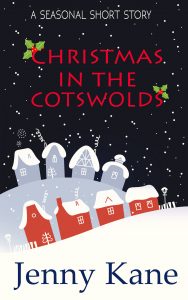

Here’s the very beginning of Another Cup of Christmas…
December 4th 2012
Having politely escaped her third ‘So what are you doing for Christmas?’ conversation of the day, Megan Johnson was retreating back to the counter when she spotted Pickwicks’ most regular customer sit up from her work and brush a stray red hair from her eyes.
Knowing it had been at least half an hour since Kit’s caffeine addiction had been attended to, the waitress swiped up the percolator jug and headed in her direction.
Without bothering to ask if it was required, Megan poured the steaming liquid with practised care, before taking advantage of the lull in Christmas shopping trade, and sitting down opposite her friend. ‘Going OK?’
Swivelling the laptop round to face Megan, Kit rubbed the back of her neck, ‘I’m sure I’ve missed something. What do you think?’
Pickwicks Festive Fundraiser!
Spoil Yourself With An Afternoon of Pickwicks’ Finest Festive Fare.
In Aid of the Royal Free Hospital’s Spinal Ward.
Saturday 22nd December from 2pm.
Deluxe Buffet And Festive Fundraising Fun!
Tickets are ONLY £25 per person
Don’t miss out!
Book your place at Pickwicks Coffee Shop, Richmond – NOW!!
Megan scanned the poster. ‘Oh, that’s fabulous! I thought you were writing your latest novel.’
‘To tell you the truth, that’s exactly what I should be doing, but Peggy asked me to do some publicity for the fundraiser and I thought I’d better get on with it. Time seems to be dissolving. It’ll be the 22nd before we know it.’
‘I know what you mean.’ Megan started to collect the dishes left by a couple who’d just vacated a nearby table. ‘The next three weeks are going to fly by.’
‘Two and a half weeks!’
‘Oh, hell! Really?’
‘That’s why I want to get these done; otherwise everyone will be too booked up with their own celebrations to have time to come.’ Gesturing towards the kitchen, Kit asked, ‘How’s Scott doing out there, or shouldn’t I ask?’
Megan’s permanent smile widened further across her lightly freckled face. ‘He’s amazing. I have no idea how he does it. The temperature in that kitchen is tropical, and yet Scott’s still beaming that massive toothy grin of his. I’m seriously beginning to think he is physically unable to stop cooking! Surely he must have pre-prepared as much as he can for the fundraiser by now?’
Kit nodded. ‘He probably has, but Peggy is getting paranoid there won’t be enough food.’ Glancing around, checking that Megan wasn’t needed by a customer for a moment, Kit pointed to a fresh pile of abandoned cups. ‘If I clear those, will you have a proper read of the poster? I’m sure I’ve missed something obvious but I can’t put my finger on it?’
Kit was already standing up and taking a tray from Megan’s hands before the waitress said, ‘On one condition.’
‘Which is?’
‘I can check my emails? I’m supposed to be liaising with the hospital about this for Peggy, but we’ve been so busy over the last few days I haven’t had time to see if Nick has got back to me about how many of the ward staff are coming.’
‘Nick?’
Megan silently cursed her inability to prevent the involuntary warm pink blush that hit her pale cheeks, ‘Yeah, he’s the admin guy for the ward that cared for Scott after his accident.’
‘Nice, is he?’ Kit gently teased the petite blonde waitress, wondering, not for the first time, why someone as kind and pretty as Megan hadn’t been snapped up years ago.
‘I’ve never met him, but he seems friendly. Well, he does via email and over the phone at least.’
‘You’ve spoken to him then?’
‘There are loads of things to sort out.’ Megan, knowing that the crush she’d developed on Nick’s Irish accent was utterly ridiculous, turned her full attention to the poster on the screen before her…
***

I hope that snippet has tempted you into taking a look at my coffee loving, friendship enhancing, romance brewing, mulled wine sipping, stories.
Happy reading everyone,
Jenny xx
PS- and if you enjoy those, you might want to read the final novel in the Another Cup of …series-Another Glass of Champagne.


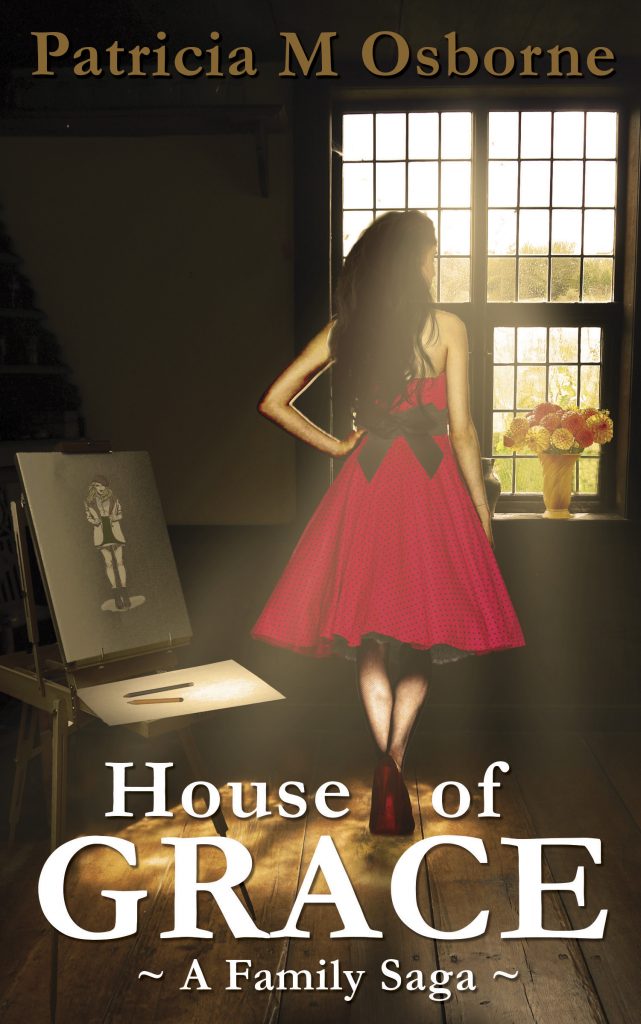

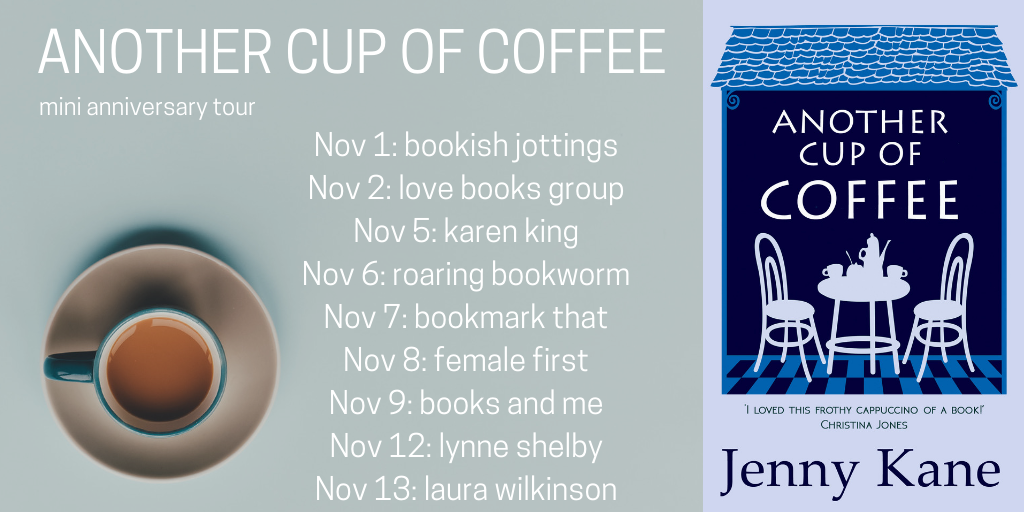
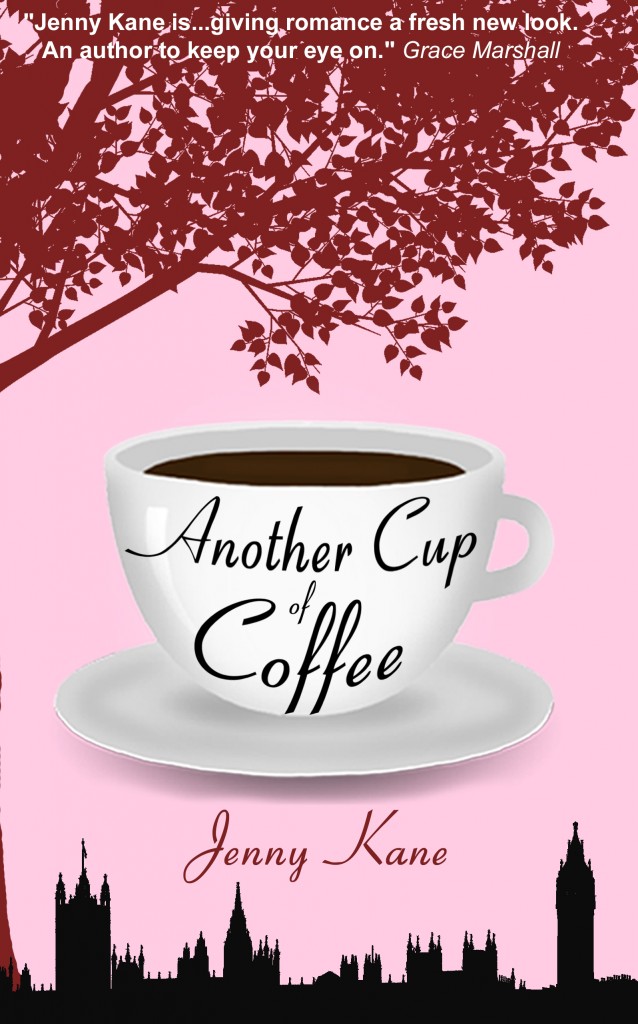




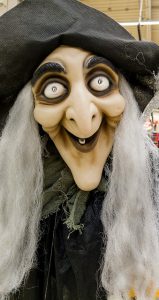

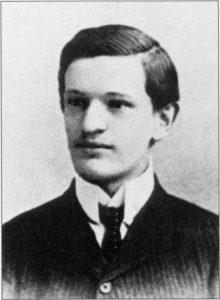
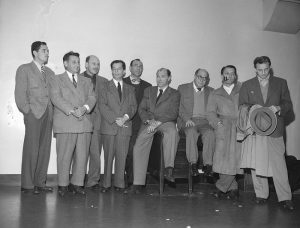



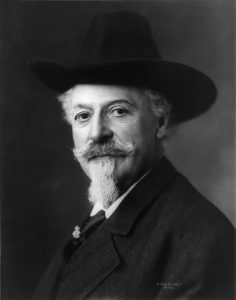




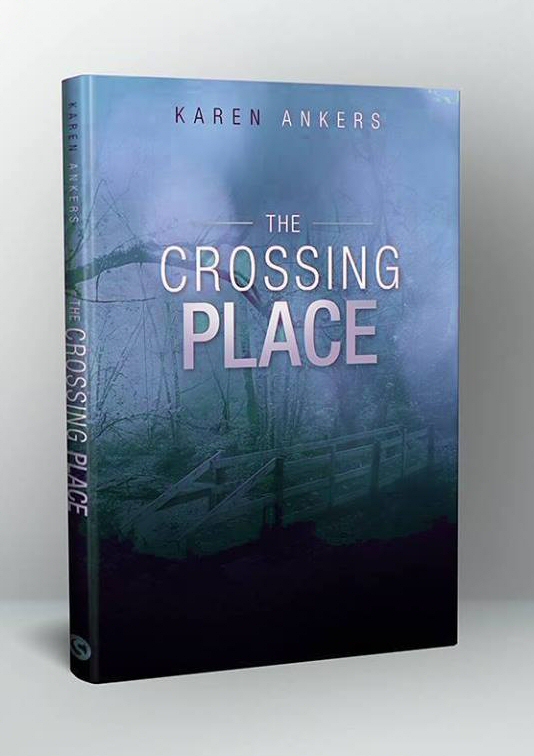

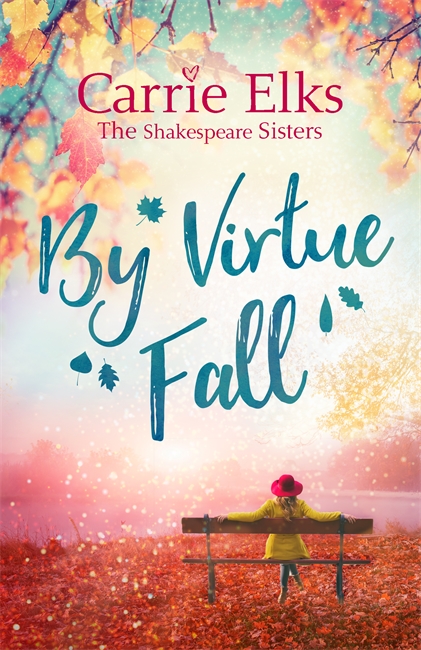




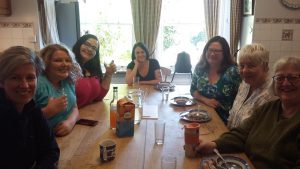

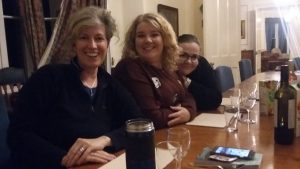
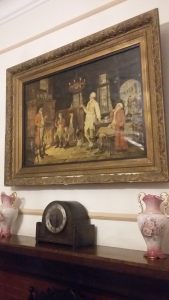

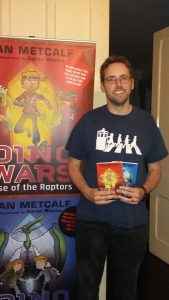
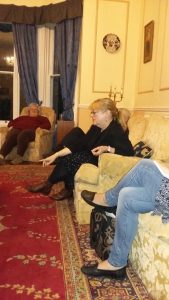





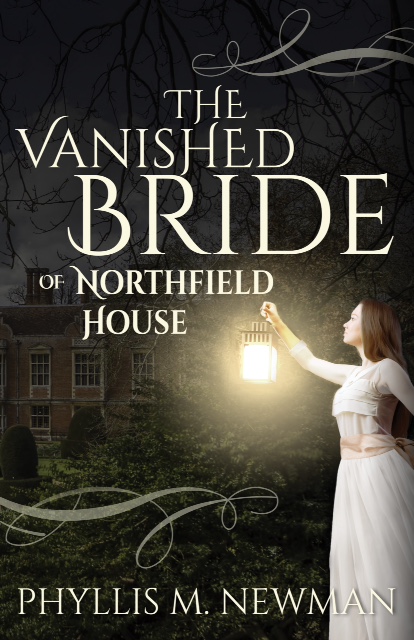
 I’m banking on being considerably fitter on my return (there are lots of beautiful walks and plenty of stairs up to my attic bedroom)- and, hopefully, I’ll be in a position where my next novel is plotted, my latest proofing commission is complete and all my student workshops for the rest of 2018 are drafted. Do you think maybe I’m asking too much?
I’m banking on being considerably fitter on my return (there are lots of beautiful walks and plenty of stairs up to my attic bedroom)- and, hopefully, I’ll be in a position where my next novel is plotted, my latest proofing commission is complete and all my student workshops for the rest of 2018 are drafted. Do you think maybe I’m asking too much?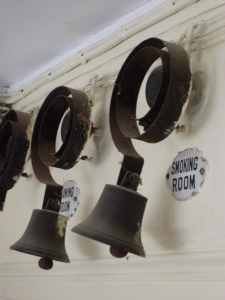 Our prime concern however, is to make sure that every single person attending has a fantastic time! We have two amazing guests (Dan Metcalf and Kate Griffin) a quiz, optional one-to-one advice sessions and lots of biscuits. What more could a writer ask?
Our prime concern however, is to make sure that every single person attending has a fantastic time! We have two amazing guests (Dan Metcalf and Kate Griffin) a quiz, optional one-to-one advice sessions and lots of biscuits. What more could a writer ask?